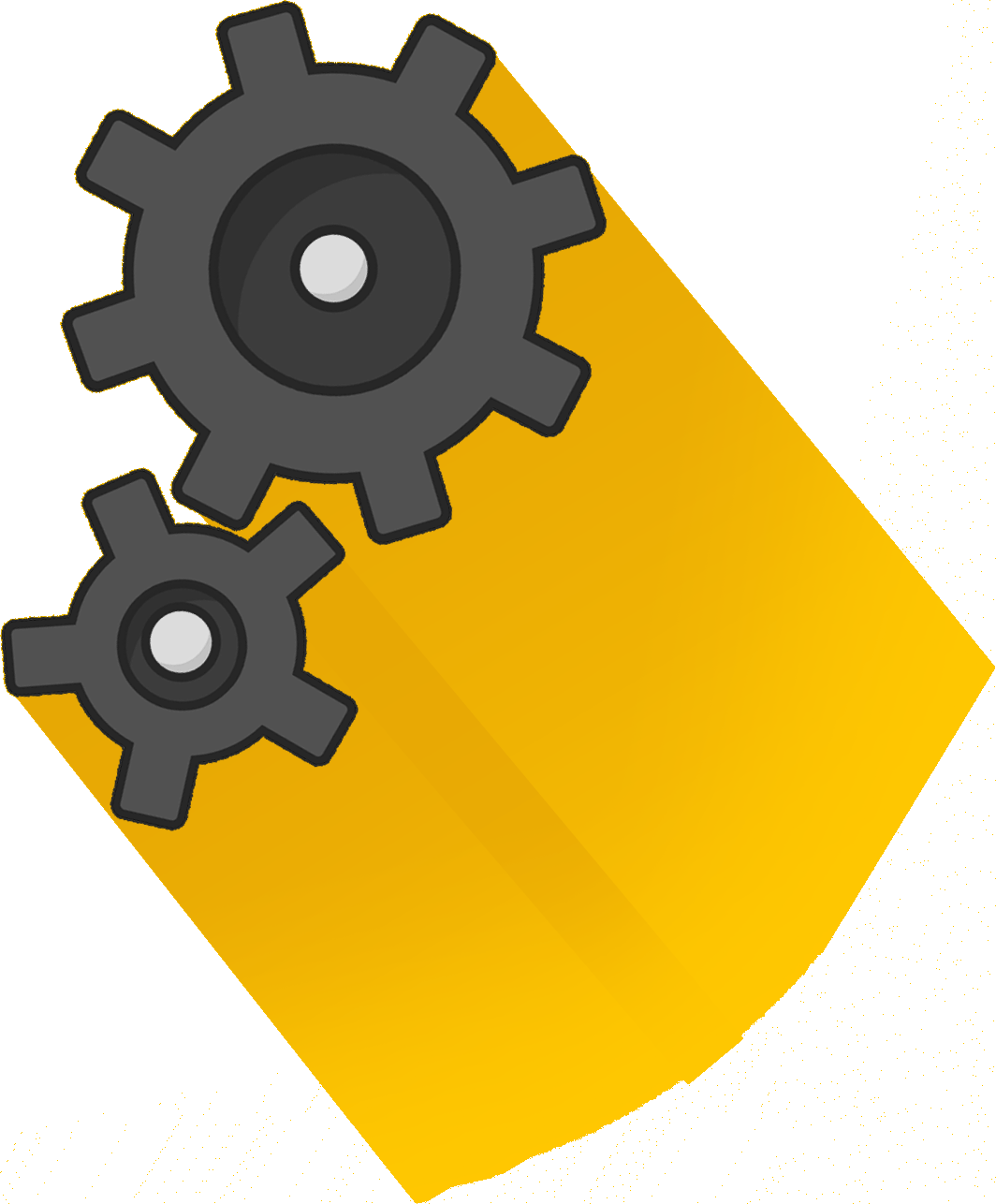
The three skills you need to be a Data Analyst, and how to get them – Part 1
In the first blog in the series, we discuss the skills you need to become a Data Analyst, this time covering Data Engineering. Continue reading

The legendary data warehouse application
In spring 2014, I created an internal Ruby on Rails app called data-warehouse. In this blog post I’m going to describe what it was, how it came to be and why, against what would appear to be all reasonable logic, it became the central part of our data infrastructure for about eight years. Continue reading

Training Hugging Face models in parallel with SageMaker
In this post I'll describe how we train our Hugging Face models in a fraction of the time with a data parallel approach. Continue reading

Using data to understand the effects of a four day working week
As you may have already heard, FreeAgent implemented a four-day week throughout the summer this year as a ‘thank you’ for the employees’ contributions during the pandemic and a year of working from home. Whilst Pat George’s blog post talks about measuring the success of the four-day week with “job satisfaction, business objectives and personal stress levels”, as an analyst, I wanted to see if I could find less anecdotal… Continue reading

Fine-Tuning BERT for multiclass categorisation with Amazon SageMaker
This post describes our approach to fine-tuning a BERT model for multiclass categorisation with Hugging Face and Amazon SageMaker. Continue reading

Bank Transaction Entity Detection with AWS Comprehend
Introduction For the past year, FreeAgent has been running a machine learning model in production that categorises customer bank transactions. This model takes transaction descriptions and transaction amounts as inputs, and attempts to predict the corresponding accounting category. This summer, I joined the data science team with the more specific goal of increasing model generalisation, which would allow it to make predictions for a larger fraction of incoming transactions. One… Continue reading
Control freaks: how we built our own version control for Matillion
We’ve all been there - it’s a couple of days or even the night before an important deadline and one of the following happens: You lose your memory stick with all your work on it and scramble to recreate it but can’t get it back to the way it was.You make some more ‘advancements’ to your work and suddenly everything is broken and you can’t seem to get it back… Continue reading

Shopping for data: How thinking about supermarkets might help you to manage your Looker implementation
This blog makes a comparison between a well run supermarket and a well designed Looker implementation. Continue reading

Managing Python dependencies across multiple Data Science projects with Poetry
Python is the programming language of choice for running analysis, building models and running machine learning services in production for the Data Science team at FreeAgent. A key reason we chose Python is the great ecosystem of packages available: NumPy, pandas, SciPy and scikit-learn, deep learning frameworks like TensorFlow and more bespoke options for specific tasks like Click for developing CLIs. This wealth of options is a great strength of… Continue reading

Answering bigger questions with BigQuery
Over the past few weeks, we’ve configured BigQuery to enable us to combine our Google Analytics (GA) front-end data with our internal back-end data. In this post I’m going to talk about why we needed to do this, how we went about it and what we are hoping to achieve as a result. What’s the problem? Historically, two separate systems have been used at FreeAgent to track, store and analyse… Continue reading

